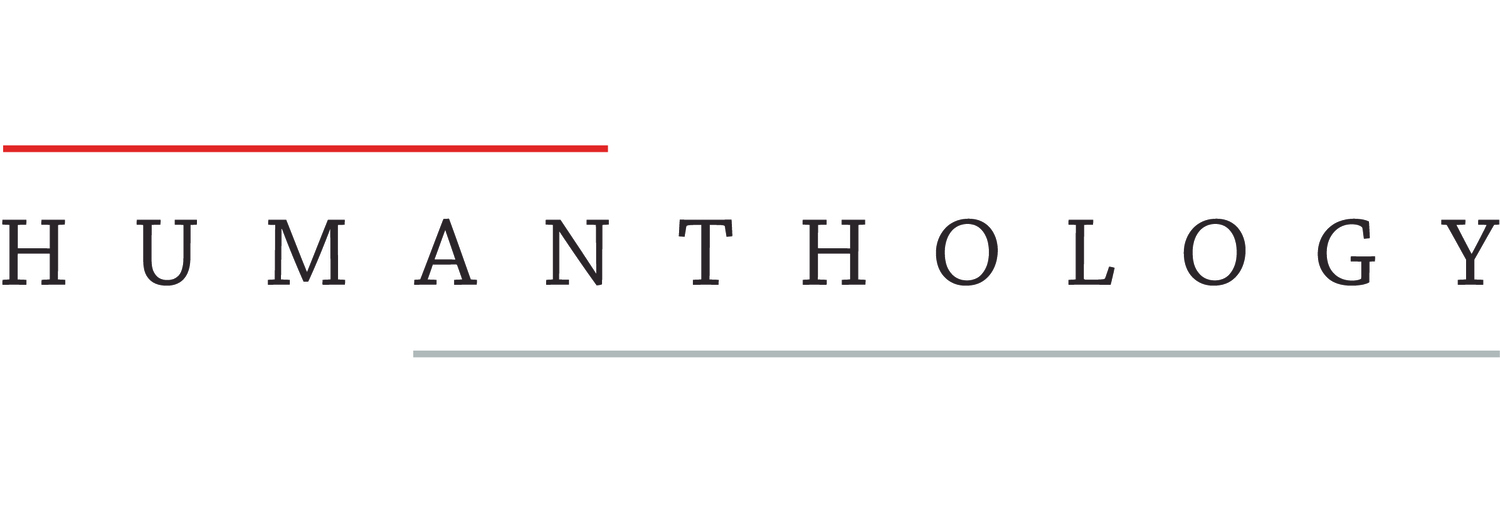By Danie D. Taylor
"Well who's your hero?"
Apparently that's the easiest way to render me speechless. Or at least it was. I appear before you today with an answer, a genuine answer that came to me as a suggestion from the person who asked me the offending question in the first place. I have a hero. Sort of. I'm still wrapping my head aroud the concept. But so far, it feels right. So I'm going with it.
It's an odd feeling to not have a hero. I imagine it feels something like realizing you don't have a belly button. Everyone else has one. They don't need them, but they have them. And even though you've done alright without it, you feel like they feel like you're lacking something intrinsically human.
I pride myself on practicality. I like to be level headed and approach everything with a skeptical eye, even things that are abundantly positive. I was once told I was going on a free cruise and replied with someting akin to "cool, what's the fine print?" I don't emote. I rarely gush. I'm neutral to the point of confusion. I feel like it's not in my nature to consider anyone a hero, because heroes tend to be people.
People are fallible. They will disappoint you. They will try to succeed with intentions where actions fall short. (Yes, I had an extra helping of cynical today.)
The bottom line is that I had trouble reconciling life experiences with my idea of a hero. In my mind, a hero provides inspiration to reach a goal as well as the techniques to achieve that goal. Heroes - like superheroes - have strict moral codes and are unwavering in their convictions. Optimus Prime was determined to protect the autobots because it was the right thing to do. Optimus was my first hero. I was a kid and he was a cartoon.
But it turns out I wasn't too far off the mark.
No. Cartoons weren't the answer. Kids were.
I worked with a group of kids once, in the mountains of Mexicio. I was 15 and I was volunteering at an orphanage as part of a mission project. I admit my motivation wasn't entirely pure. I wanted to go to Mexico without my parents and speak Spanish. Working with the kids was basically the price of admission.
I found myself confused in a matter of days.
The kids had nothing. They lived at the mercy of the church in run down faclities with limited supplies. They were grouped by age for school. They were cared for, and probably loved on a level that would be insignificant to people raised by parents.
But the kids were also really happy.
They teased and laughed and played and were just good kids. I couldn't understand it. I was a teenaged girl. Happiness without possessions was incomprehensible. These kids were discarded - at least one was literally found in a dumpster. They were old enough to know their situation wasn't typical. And yet they laughed every day. They had faith. They prayed. They believed in their own potential and made the best of the situation they'd been dealt.
They were the first to make me question social justice. I remember telling our priest that their lives weren't fair when compared to mine. I looked for their anger, but was afraid to stir it by asking about it. No one would have expected them to be happy. But they were anyway. Those kids inspired me to really look at how people around me were living. Orphans showed me that faith was enough to ensure survival. They worked to be good Christians, despite the socioeconomic chips stacked against them.
As an adult defining a hero, these kids fit the bill.
I have no doubt they changed my life. When it was time to go, a little girl named Sarai said "dame algo para recordarte." "Give me something to remember." I had nothing. We went down there to work, and probably to grow, and I had no trinkets that I could have left behind. This girl who had very little asked me for anything I could give and I had nothing. In that moment, I was another disappointment.
But I doubt she ever saw it that way.

